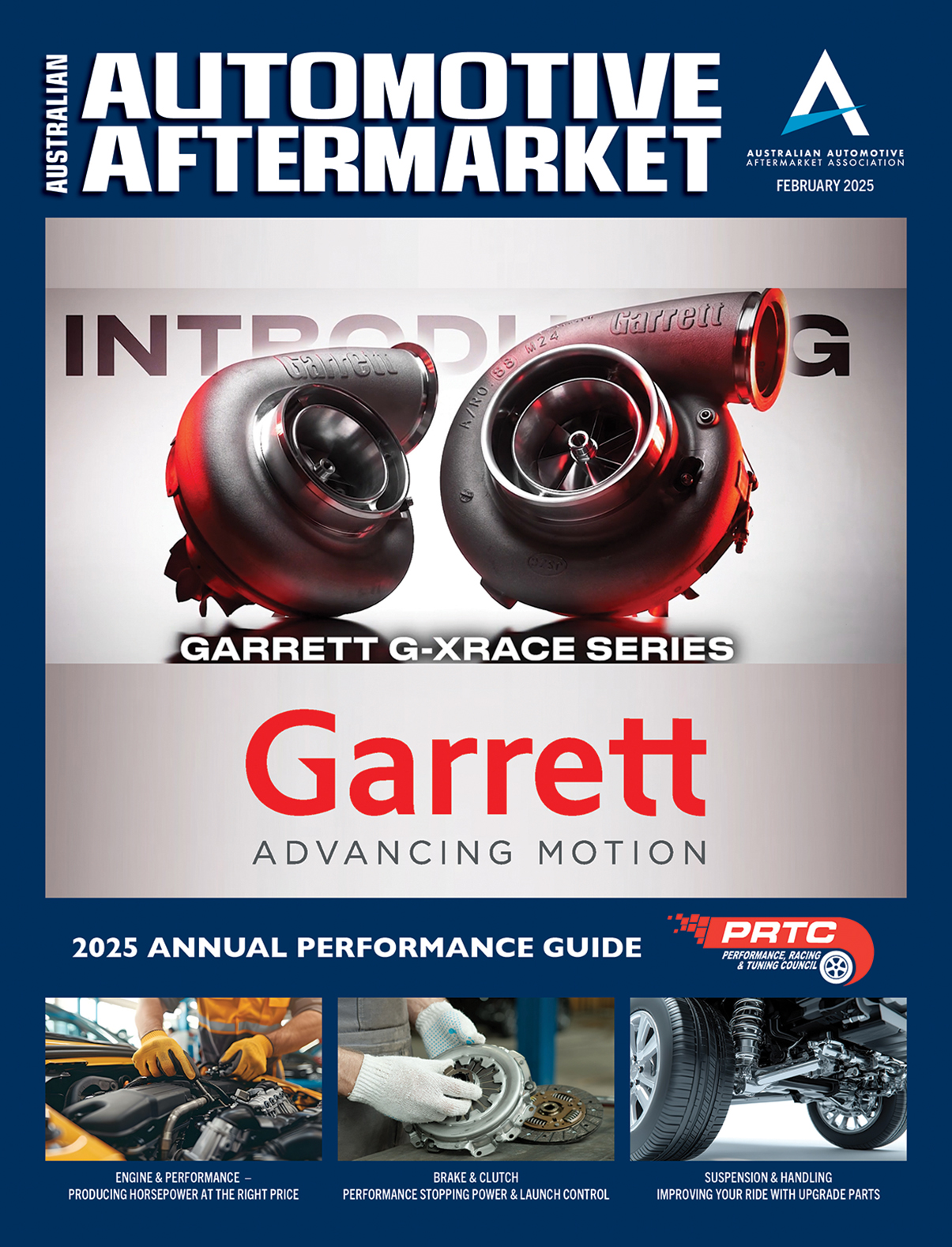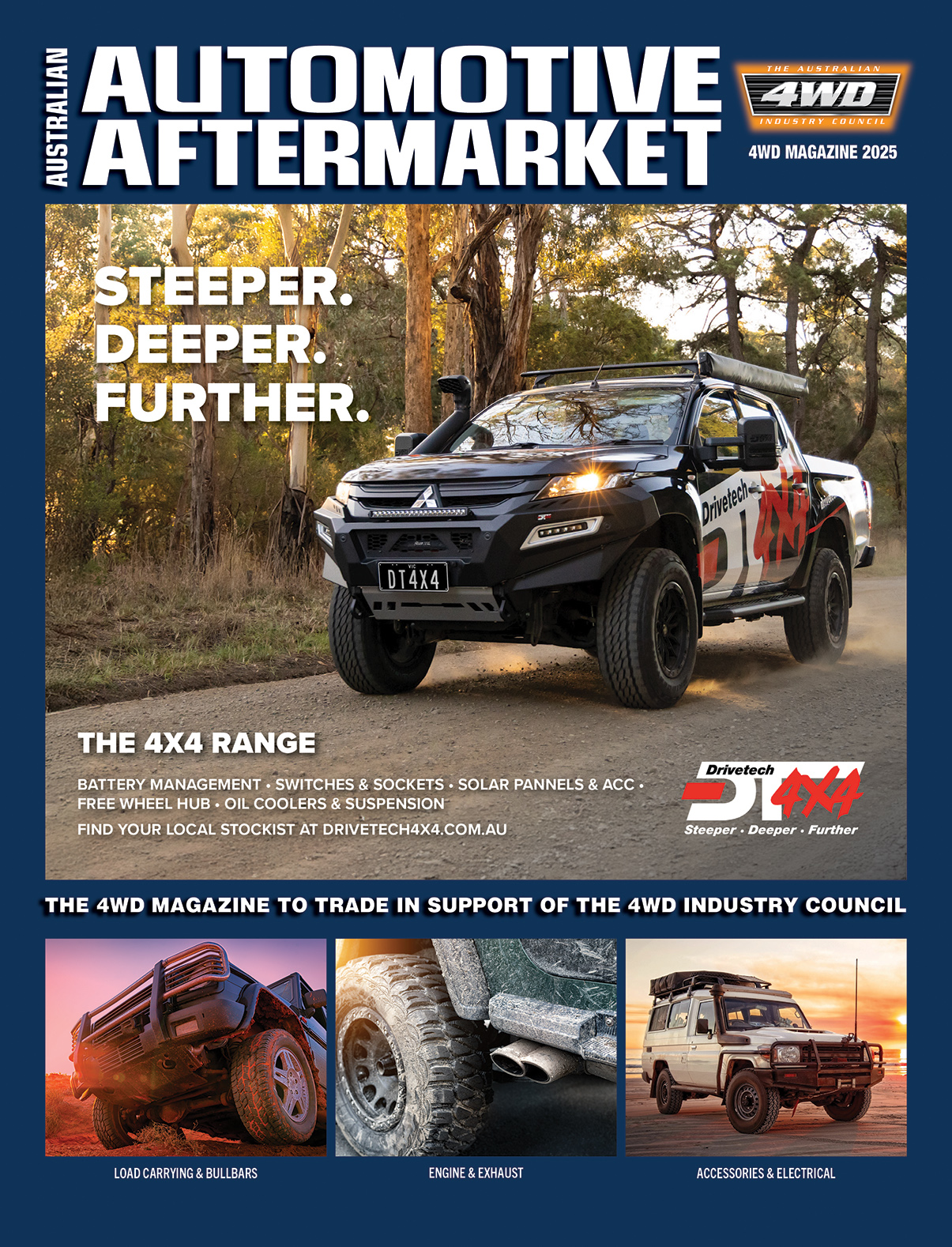WE DIDN’T START THE TRADE WAR…
…but we had better start responding

When the United States announced a 100 percent tariff on Chinese electric vehicles (EVs) in 2024, it made global headlines.
The stated reason? National security and economic sovereignty. The real message? Trade barriers are back and the politics on national sovereign capability is driving the bus.
But here in Australia, we can’t afford to just watch from the sidelines because the truth is, we’re already in this trade war.
Australian automotive exports to the US are now subject to a 25 percent tariff. Our steel and aluminium exports? Hit with a 50 percent tariff. And if you were fortunate to dodge those bullets you still receive the 10 percent baseline reciprocal tariff.
These are punitive trade measures that weren’t aimed at us, but we’ve been caught in the crossfire. And that means we need to stop asking whether tariffs affect us. They already do.
We’re one of the most open car markets in the world. We import almost everything we drive. That openness gives us access to innovation, but it also leaves us deeply exposed when the global rules change.
So instead of outrage, we need a strategy. What should Australia do now?
Our federal government has tools – it should use them
We can’t rewrite US trade policy, but we can support our local industry to adapt and thrive. One of the best tools already in our kit is the Export Market Development Grants (EMDG) program.
In an era of rising protectionism, EMDG just became even more important. It helps Australian businesses take their products to new markets including, the high-performing 4WD, performance, and offroad component manufacturers that Australia is known for.
From digital campaigns to trade shows, EMDG supports real export activity. But it needs more visibility, quicker approvals, and renewed investment. This is the right policy tool, at the right time.
Double down on where we lead
Australia won’t be restarting mass car manufacturing. But we don’t need to. Our strength is in high-performance, high-ingenuity specialist manufacturing: 4WD suspension systems, offroad accessories, performance tuning, workshop equipment, and niche diagnostics.
These are sectors where AAAA members already lead the world.
The federal government should treat these industries as national strategic assets and support them accordingly, especially in export development and global market access.
Secure diverse and stable vehicle supply
As global tensions escalate, Australia must protect access to vehicles, parts, and technology from a range of countries.
That means smarter trade diversification, welcoming new market entrants, and ensuring our local settings encourage, not hinder, open competition and resilient supply chains.
Use domestic policy to defend fair competition
Tariffs aren’t the only barriers that matter.
Technical regulation – from emissions to telematics to ADAS servicing can quietly shape or shrink an industry.
Australia must continue to build policy frameworks that defend competition, ensure repair access, and reflect our unique driving conditions.
Final thoughts
Australia didn’t pick this trade war but we’re already in it.
The resilience and ingenuity that we have seen first-hand from our local manufacturers is a testament of our industry.
We respond, we adapt, and we overcome. We don’t sit on the sidelines and let our fate be controlled by others, we fight and shape our own future, but we shouldn’t have to do this alone.
It is time for our government to back the sectors where we lead the world, support our exporters with real tools like EMDG, and build a more resilient, fair, and forward-looking automotive market.
If you would like to offer your thoughts on this subject, please email advocacy@aaaa.com.au








